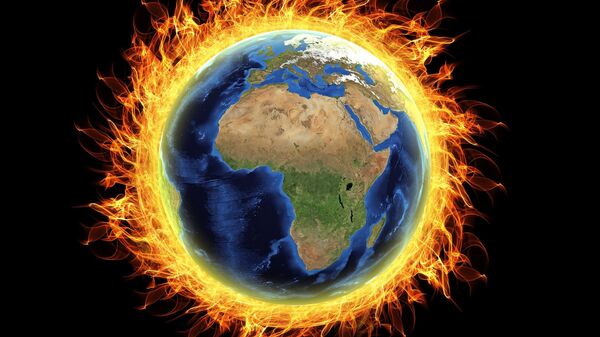NASA’s study paired last month with the same period in 2016, naming them the two warmest Julys in modern record-keeping. The agency added that all previous months of July were more than a tenth of a degree cooler.
“Human-driven average temperatures have been increasing in the past century or so. There are fluctuations of course with temperatures now going down, now going up. The problem of the past year is that high temperatures keep going higher and low temperatures are also going higher. This trend has been continuing, especially over the past 50 years,” Dr. Crowther said.
“However, all these natural processes happening today should really keep year-to-year temperatures approximately similar. It’s really only human influence, emission of CO2 and greenhouse gasses that lead to average temperature increases from year to year,” Thomas Crowther pointed out.
He added that while natural phenomena have only a limited impact on the current global warming process, it is only human influence that causes this gradual increase.
When asked how Earth surface temperatures could change in the foreseeable future, Thomas Crowther said that it was very difficult to come up with some precise estimates. He also mentioned the heavy impact of the global political climate on global average temperature shifts.
Speaking about the chances of natural disasters caused by global warming increasing in the near future, and what kind of catastrophes people should be looking out for, he said we have already seen a huge increase in the frequency of extreme events such as cyclones, droughts, floods and all other sorts of extreme climate conditions.
“We are only expecting these to increase as global temperatures continue to rise. One thing is clear: the rates of these natural disasters are going to increase and impact humans around the world,” Dr. Crowther warned.
The revelations made in the NASA study come as last month’s global warming caused a massive iceberg to split off from the Larsen ice shelf on the east cost of the Antarctic Peninsula.






